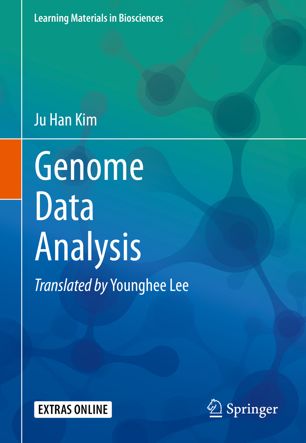

Most ebook files are in PDF format, so you can easily read them using various software such as Foxit Reader or directly on the Google Chrome browser.
Some ebook files are released by publishers in other formats such as .awz, .mobi, .epub, .fb2, etc. You may need to install specific software to read these formats on mobile/PC, such as Calibre.
Please read the tutorial at this link: https://ebookbell.com/faq
We offer FREE conversion to the popular formats you request; however, this may take some time. Therefore, right after payment, please email us, and we will try to provide the service as quickly as possible.
For some exceptional file formats or broken links (if any), please refrain from opening any disputes. Instead, email us first, and we will try to assist within a maximum of 6 hours.
EbookBell Team

4.1
40 reviewsThis textbook describes recent advances in genomics and bioinformatics and provides numerous examples of genome data analysis that illustrate its relevance to real world problems and will improve the reader’s bioinformatics skills. Basic data preprocessing with normalization and filtering, primary pattern analysis, and machine learning algorithms using R and Python are demonstrated for gene-expression microarrays, genotyping microarrays, next-generation sequencing data, epigenomic data, and biological network and semantic analyses. In addition, detailed attention is devoted to integrative genomic data analysis, including multivariate data projection, gene-metabolic pathway mapping, automated biomolecular annotation, text mining of factual and literature databases, and integrated management of biomolecular databases.
The textbook is primarily intended for life scientists, medical scientists, statisticians, data processing researchers, engineers, and other beginners in bioinformatics who are experiencing difficulty in approaching the field. However, it will also serve as a simple guideline for experts unfamiliar with the new, developing subfield of genomic analysis within bioinformatics.